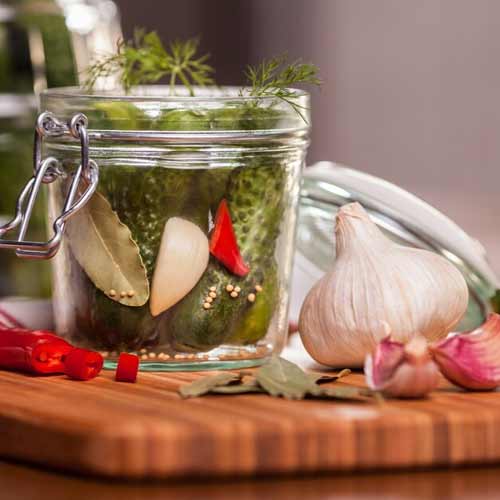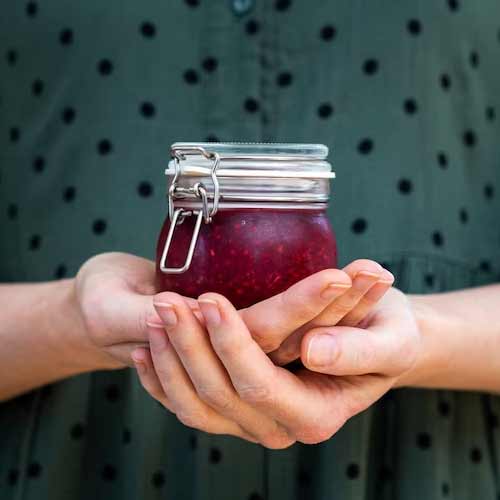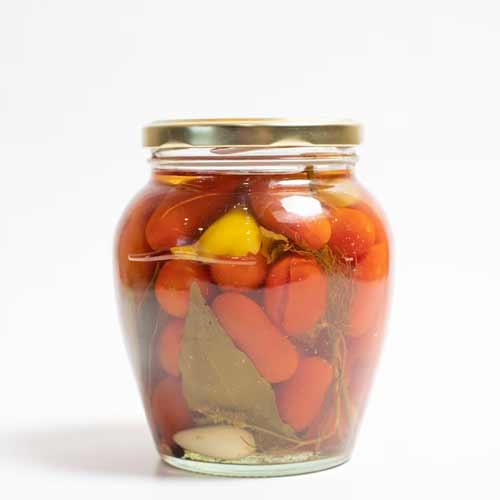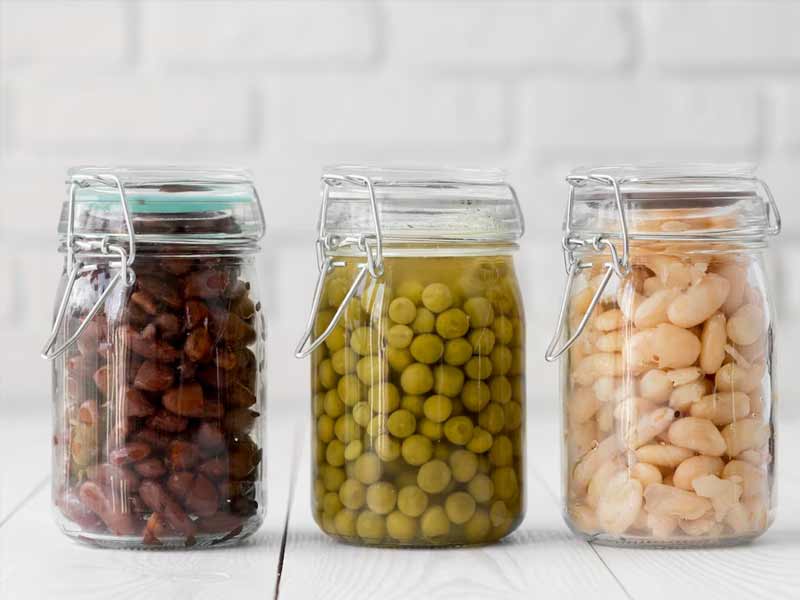Welcome to History of Canning. Canning has become an integral part of our daily lives, allowing us to enjoy a variety of foods regardless of the season. But have you ever wondered about the history behind this remarkable preservation method? In this article, we will delve into the fascinating journey of canning, from its early roots to its current status as a culinary innovation. Join us as we explore the evolution of canning and the impact it has had on our society History of Canning.
Early Preservation Methods
Before the advent of modern canning techniques, our ancestors relied on various methods to preserve food. These methods included drying, smoking, salting, and fermenting. These techniques provided a temporary solution, but the need for a more reliable and long-lasting preservation method became evident. You can learn Troubleshooting Canning.
The Birth of Canning (History of Canning)

The credit for the invention of canning goes to Nicolas Appert, a French chef and confectioner, who is often referred to as the “Father of Canning.” In the early 19th century, Appert discovered that food could be preserved by heating it in sealed glass jars. He experimented with different foods and techniques, eventually developing a process that involved heating food in glass containers and sealing them with wax. You can Learn Benefits of Canning.
Canning Spreads Worldwide
Appert’s innovative method gained attention and quickly spread throughout Europe. In 1810, Englishman Peter Durand introduced the use of tin-coated iron cans as a more practical alternative to glass jars. This development made canning more accessible and affordable, leading to its widespread adoption. You can learn Storing Canned Food.
Advancements in Canning Technology
The mid-19th century witnessed significant advancements in canning technology. In 1855, an American named John Mason patented a method for creating airtight closures using threaded zinc lids and rubber rings, revolutionizing the canning industry. This invention paved the way for the modern-day Mason jar, which is still widely used for home canning (History of Canning).
Canned Food in Modern Times
The 20th century marked a period of tremendous growth and innovation in the canned food industry. Commercial canning companies emerged, offering a wide range of canned products that catered to the evolving tastes and preferences of consumers. Canned fruits, vegetables, meats, and ready-to-eat meals became staples in pantries around the world. You can learn Steam Canning.
The Impact of Canning on Society – History of Canning

The introduction of canning had a profound impact on society. You can learn Home Canning Chicken. Here are some key aspects:
- Food Preservation: Canning revolutionized the way we preserve and store food, extending its shelf life and reducing waste. It enabled people to access nutritious food during times of scarcity or when fresh produce was not readily available.
- Convenience and Accessibility: Canned food provided a convenient and accessible solution for busy individuals, as it eliminated the need for time-consuming food preparation. It also allowed for easier transportation and distribution of food to remote areas.
- Culinary Innovation: Canning opened doors to culinary innovation, allowing chefs and home cooks to experiment with a wide variety of ingredients and flavors. It sparked creativity and led to the development of new recipes and food products.
- Emergency Preparedness: Canned food became an essential component of emergency preparedness kits, ensuring a stable food supply during natural disasters or other unforeseen circumstances.
Conclusion for History of Canning

The history of canning is a testament to human ingenuity and the constant pursuit of food preservation methods. From its humble beginnings as a preservation necessity to its current status as a culinary innovation, canning has transformed the way we eat and live. It has provided us with a reliable means of preserving food, ensuring its availability and enhancing our culinary experiences. So the next time you enjoy a delicious canned meal, take a moment to appreciate the rich history behind it. You can learn Canning Safety.
FAQs (Frequently Asked Questions) – History of Canning
- Who is credited with the invention of canning?
- The invention of canning is credited to Nicolas Appert, a French chef and confectioner, who developed the process of preserving food in sealed glass jars in the early 19th century.
- What were some early preservation methods before canning?
- Before canning, people relied on methods such as drying, smoking, salting, and fermenting to preserve food. These methods provided temporary preservation but lacked the long-lasting reliability of canning.
- How did canning evolve from glass jars to tin cans?
- Englishman Peter Durand introduced tin-coated iron cans as a more practical alternative to glass jars in 1810. The use of tin cans made canning more accessible and affordable, leading to its widespread adoption.
- What impact did canning have on food availability?
- Canning significantly increased food availability by extending the shelf life of perishable items. It allowed people to access nutritious food during times of scarcity or when fresh produce was not readily available.
- How has canning influenced modern cooking?
- Canning has influenced modern cooking by providing a wide range of convenient and accessible ingredients. It has opened doors to culinary innovation, allowing chefs and home cooks to experiment with a variety of flavors and ingredients.
In conclusion, the history of canning is a captivating tale of human innovation and the quest for food preservation. From the early preservation methods to the birth of canning and its evolution into a culinary phenomenon, the impact of canning on our society is undeniable. So the next time you open a can of your favorite food, remember the rich history behind it and the remarkable journey that brought it to your table. You can learn Types of Canning.
We proudly present: 1TouchFood, a website specifically designed for online cooking education. Our platform offers a diverse range of culinary tutorials, aimed at teaching aspiring chefs and cooking enthusiasts the art of cooking from the comfort of their own homes. Whether you’re a beginner or an experienced cook looking to expand your culinary repertoire, 1TouchFood provides step-by-step video lessons, interactive recipes, and expert tips to enhance your cooking skills.
Our dedicated team of professional chefs and culinary experts have meticulously crafted each lesson to ensure a seamless and immersive learning experience. Join us on 1TouchFood and unlock your potential in the kitchen as you embark on a culinary journey filled with flavors, techniques, and newfound inspiration.
Please follow us on linkedin. You can learn all best canadian food recipes you can check our Culinary 1TouchFood Youtube and Telegram 1TouchFood page. Don’t forget Fighting Obesity Magazine and Radio Cooking.

